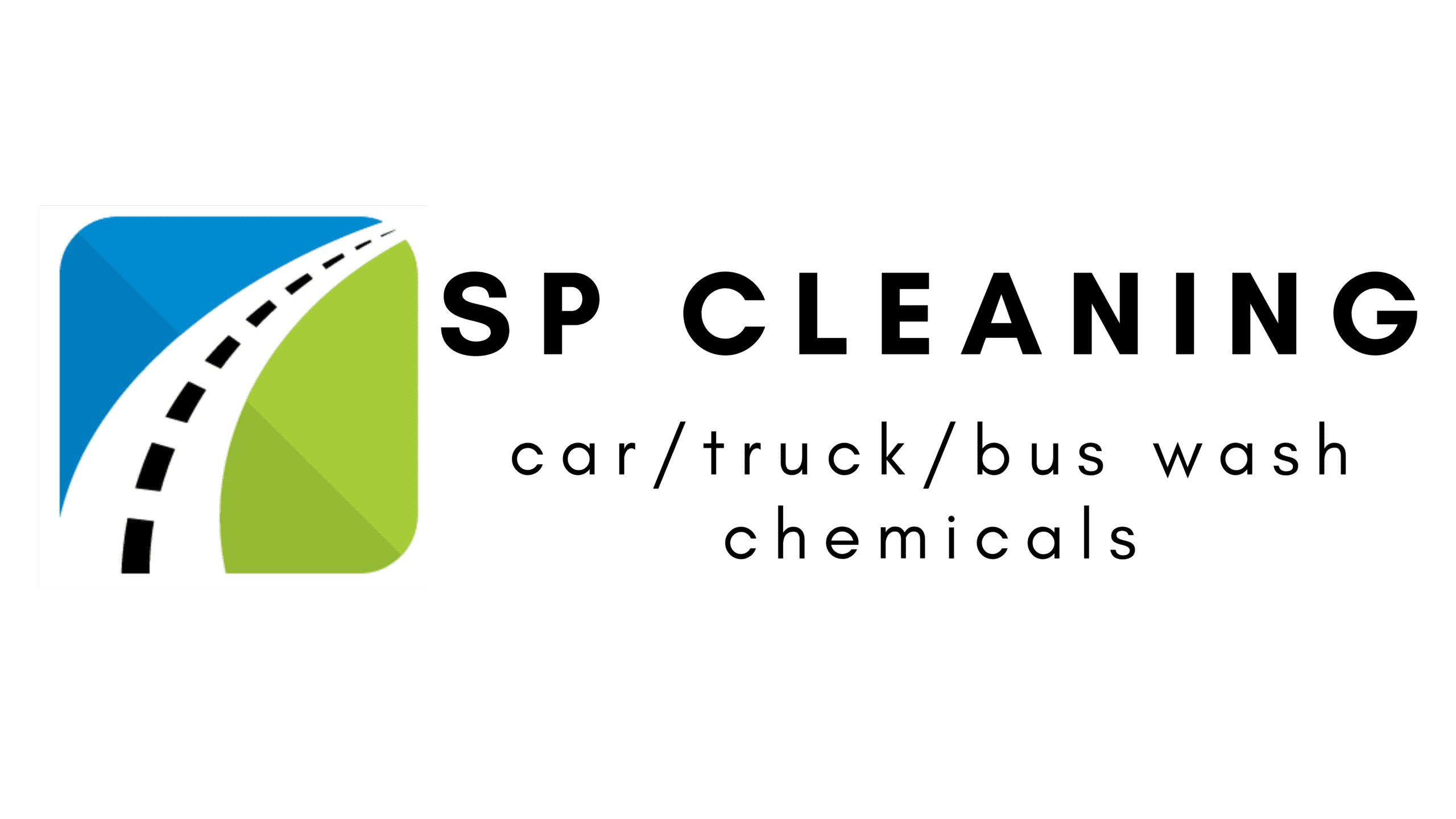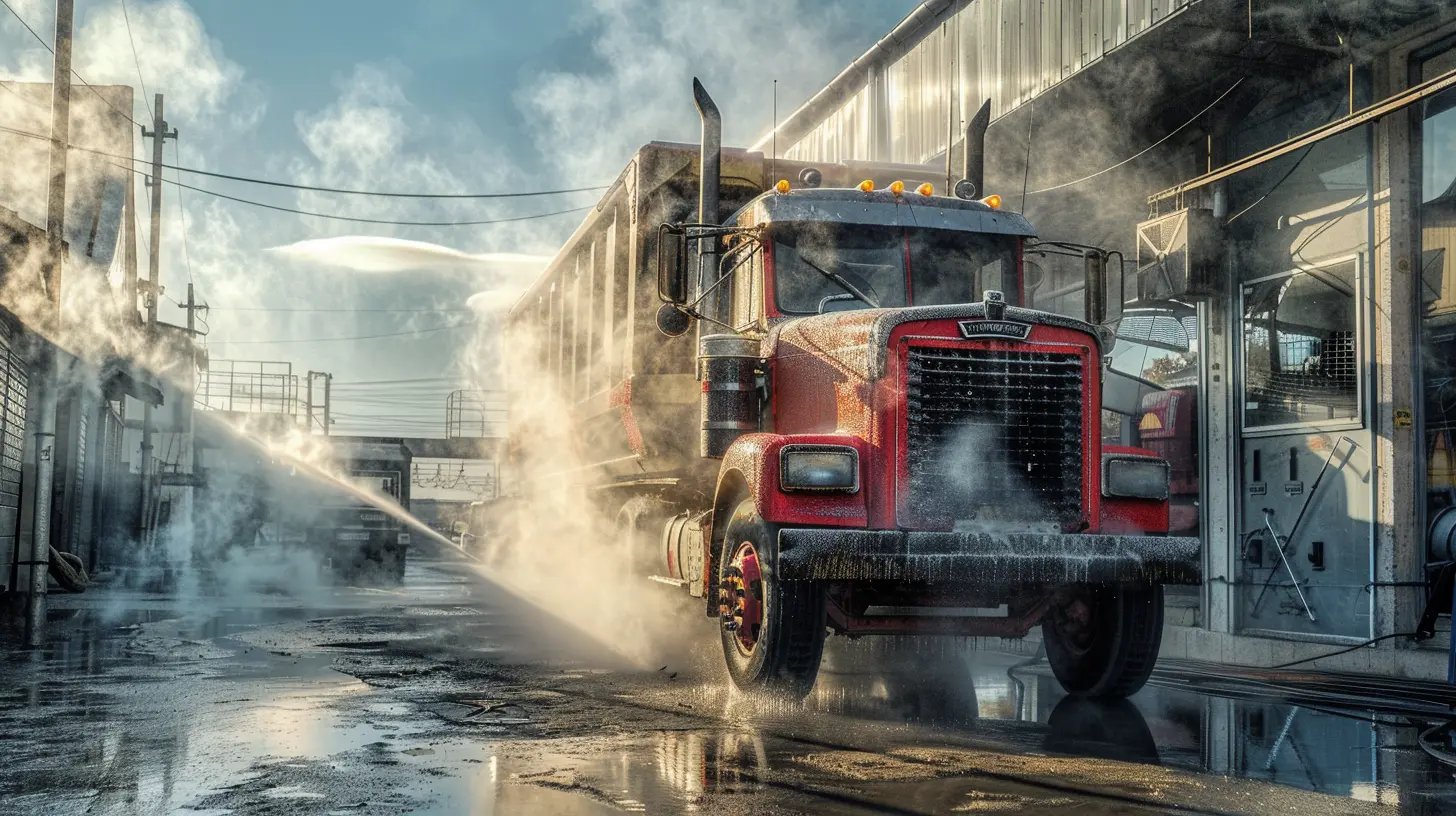Did you know that over 70% of truck washes use a mix of powerful chemicals?
These aren’t your average soap and water combos.
We’re talking about a cocktail of detergents, degreasers, and acids, including the best truck wash soap and pressure washing chemicals, designed to make those big rigs shine like new.
But what exactly are these chemicals, and how do they work their magic?
As a chemical manufacturer, we produce one of the best truck wash soap at wholesale price. Let’s explore the available truck wash soap world of truck wash solutions.
We’ll break down the ingredients that get the job done, ensuring your ride stays spotless on the road. So, let’s roll up our sleeves and discover what’s in that wash!
Key Takeaways
- Truck wash products are often made of surfactants, solvents, and chelating agents from a chemical manufacturer to effectively clean vehicles.
- Knowing the pH level of a truck wash is important; acidic washes remove rust, while alkaline washes tackle grease and oil.
- Additional chemicals like foaming agents and corrosion inhibitors enhance cleaning and protect surfaces.
- Using both acidic and alkaline washes can provide comprehensive cleaning for different types of dirt.
- Choose the right truck wash based on the type of grime and surface material for best results.
- Always follow safety guidelines when handling truck-wash chemicals to prevent skin irritation or damage.
1. Main Ingredients in Truck Wash
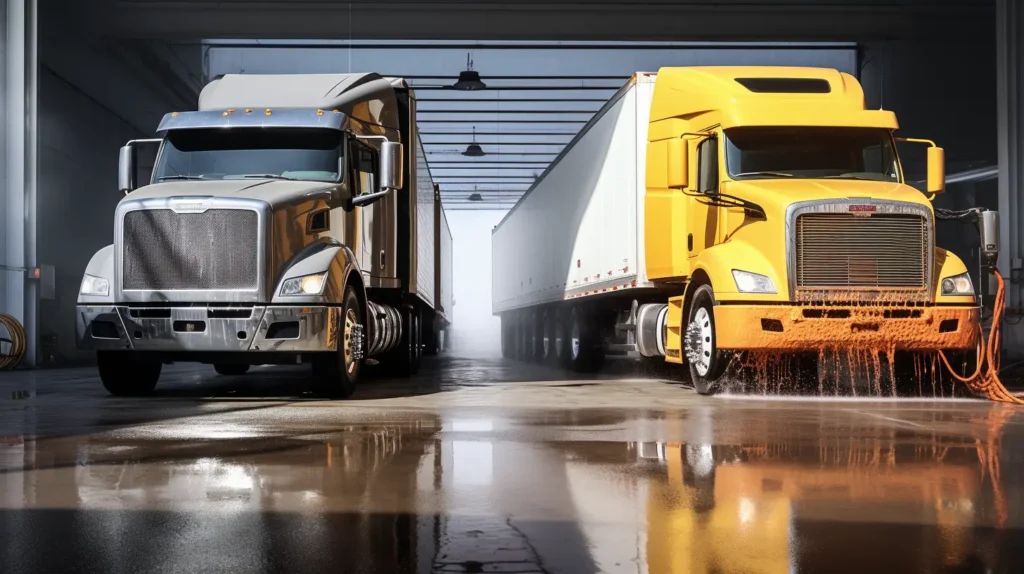
1. Key Chemicals and Roles
Truck wash products contain various chemicals. Acids like hydrofluoric and citric help remove oxidation from surfaces. These acids are strong and effective. They work on tough stains that form over years.
Alkalines such as sodium hydroxide break down grease. Grease is sticky and hard to remove. Sodium hydroxide makes it easier to clean greasy parts of trucks.
Butyl enhances cleaning efficiency. It helps other ingredients work better. Butyl ensures that the wash cleans thoroughly.
2. Common Detergents Used
Detergents play a big role in truck washes. Some detergents have sodium metasilicate. This chemical provides high-pH cleaning. It is great for removing dirt.
Others contain ammonium bifluoride. This ingredient is used for low-pH tasks. It helps clean delicate surfaces like glass without damage.
e detergents are butyl-enhanced. Butyl helps break down oil effectively. Oil stains can be stubborn, but these detergents handle them well, making them the best truck wash soap.
3. Importance of Ingredients
Choosing the right ingredients is important for targeted cleaning. Each ingredient has a specific job. They must match the type of dirt or stain on the truck.
Safety is key when using chemicals. Some can be harmful if not handled properly. It’s crucial to follow safety guidelines during use.
A balance between effectiveness and material safety is essential. Chemicals need to clean well without harming truck surfaces. Using the right mix ensures trucks look good and last longer.
2. Understanding pH Levels
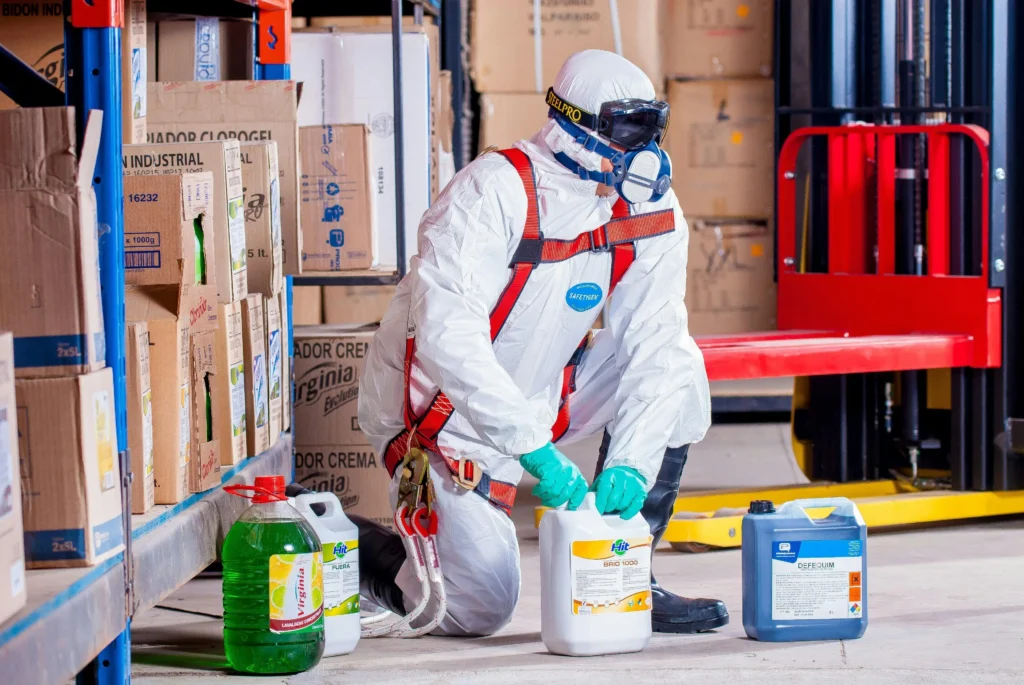
1. Low pH vs High pH
Low pH levels are effective on inorganic materials. They help dissolve minerals and rust. This makes them useful for removing tough stains on metal surfaces. High pH levels, on the other hand, are strong against organic soils. They break down grease and oil easily. This is why they are often used in truck wash solutions.
Different situations call for different pH levels. Use low pH when dealing with mineral deposits or rust. High pH is better for cleaning greasy or oily surfaces. Choosing the right pH level ensures a clean finish without damaging surfaces.
2. Benefits of Low pH
Low pH cleaners can enhance metal brightness. They remove oxidation effectively, making metals shine. These cleaners also tackle mineral stains and discoloration well. Using non-corrosive acids like citric acid offers safer options. Citric acid cleans without harming the surface, providing a gentle yet effective solution.
These benefits make low pH cleaners ideal for delicate tasks. They are perfect for maintaining the look of shiny metal parts on trucks.
3. Advantages of High pH
High pH solutions break down tough grease efficiently. They handle protein-based soils with ease, ensuring a deep clean. These solutions provide robust cleaning for heavy-duty applications. This makes them suitable for industrial settings where dirt is stubborn.
In truck washes, high pH cleaners help remove road grime and oil buildup. They ensure that trucks leave looking spotless and ready for the road.
3. Additional Chemicals in Truck Wash
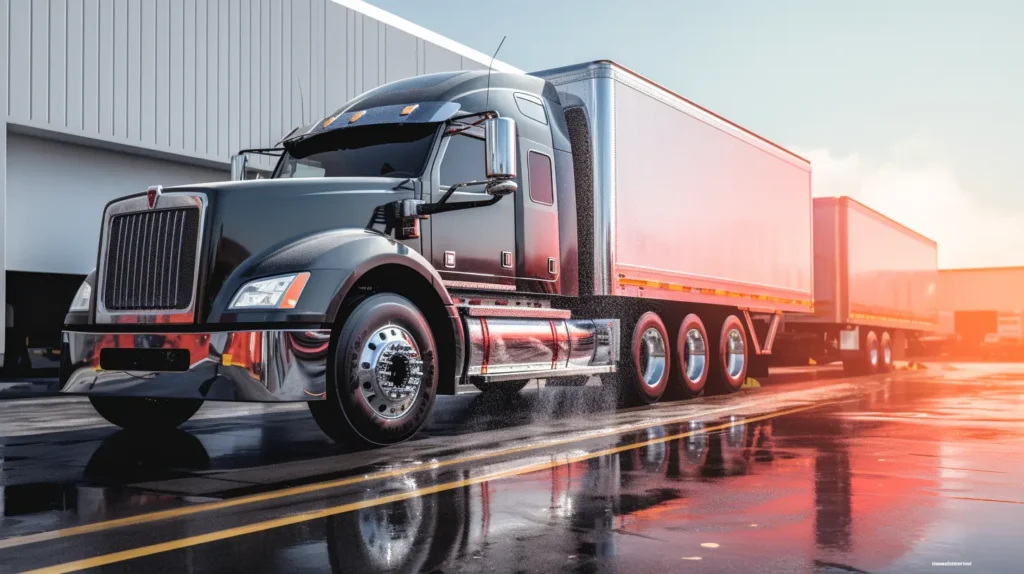
1. Surface Protectants Role
Surface protectants play a vital role in truck washing. They shield vehicle surfaces from potential chemical damage. This protection helps maintain the vehicle’s appearance. It also enhances the longevity of its finishes.
Using protectants reduces the need for frequent washes. This saves time and money for truck owners. By ensuring a protective layer, these chemicals help keep vehicles looking new.
2. Functions of Aluminum Brighteners
Aluminum brighteners are essential in truck wash processes. They restore shine to dull aluminum surfaces. These brighteners effectively remove oxidation without damaging polished finishes.
Fleet vehicles often have aluminum parts that can look worn over time. Using aluminum brighteners improves their aesthetic appeal. It makes them look well-maintained and professional.
3. Presoaks and Their Impact
Presoaks are important in preparing trucks for washing. They work by loosening dirt and grime before the main wash begins. This step enhances overall cleaning efficiency.
By using presoaks, manual scrubbing efforts are reduced significantly. This means less physical labor is needed to achieve a clean truck. The result is a more effective and quicker washing process.
4. Benefits of Using Both pH Levels
1. Balanced Cleaning Results
Using both acidic and alkaline pH levels in truck wash solutions can achieve thorough cleaning results.
Acidic solutions dissolve mineral deposits, while alkaline ones break down grease and oil. Together, they tackle different types of dirt. This balance minimizes surface damage. Harsh chemicals can harm surfaces, but balanced formulas are gentler. They clean without causing scratches or fading.
These balanced solutions ensure comprehensive dirt and stain removal. Trucks often face tough grime from roads. A mix of pH levels helps remove stubborn stains effectively. This results in a cleaner vehicle with less effort.
2. Enhanced Surface Protection
Protectants play a key role in guarding against environmental elements. Truck washes that use both pH levels often include these protectants.
They shield the vehicle from UV rays, rain, and pollutants. This protection extends the lifespan of vehicle paint and finishes. By preventing rust and fading, trucks stay looking new longer.
Maintaining a cleaner appearance over time becomes easier with such washes. Dirt and grime find it harder to stick to protected surfaces. Regular washing with pH-balanced solutions keeps trucks shiny and appealing.
5. Final Remarks
You’ve got the lowdown on truck wash chemicals. From main ingredients to pH levels, it’s all about finding that sweet spot for your rigs. Understanding these elements is like having a secret recipe for the perfect wash—your trucks will thank you! Remember, each chemical plays a part in keeping your fleet sparkling and efficient.
If you are looking for the best truck-washing soap, you can check our chemicals. As a manufacturer, we can provide you with the best price and products that is customized to your fleet needs.
6. Frequently Asked Questions
1. What are the main ingredients in truck wash?
Truck washes typically contain detergents, surfactants, and water softeners. These ingredients help break down dirt and grime. Think of them as the soap, sponge, and water combo for your truck.
2. Why is understanding pH levels important in truck wash?
pH levels determine how acidic or alkaline a solution is. In truck washes, they affect cleaning power and surface safety. It’s like choosing between a gentle bath and a deep scrub for your vehicle.
3. What additional chemicals might be in a truck wash?
e truck washes include rust inhibitors, waxes, and degreasers. These extras provide protection and shine. They’re like adding a protective shield after cleaning.
4. How do pH levels benefit truck cleaning?
Alkaline solutions tackle tough grease, while acidic ones handle mineral deposits. Using both can be like having a Swiss army knife for cleaning—versatile and effective.
5. Is it safe to use truck-wash chemicals on all surfaces?
Most are safe for common vehicle materials but always check labels. It’s like reading instructions before assembling furniture—avoiding mishaps.
6. Can I mix different truck wash products?
Mixing isn’t recommended unless specified. It can cause chemical reactions or damage. Think of it as mixing random ingredients in cooking—it might not end well.
7. How often should I use truck wash products?
It depends on usage and conditions. Regularly washing helps maintain appearance and longevity. It’s like brushing your teeth—you want to keep things fresh!
